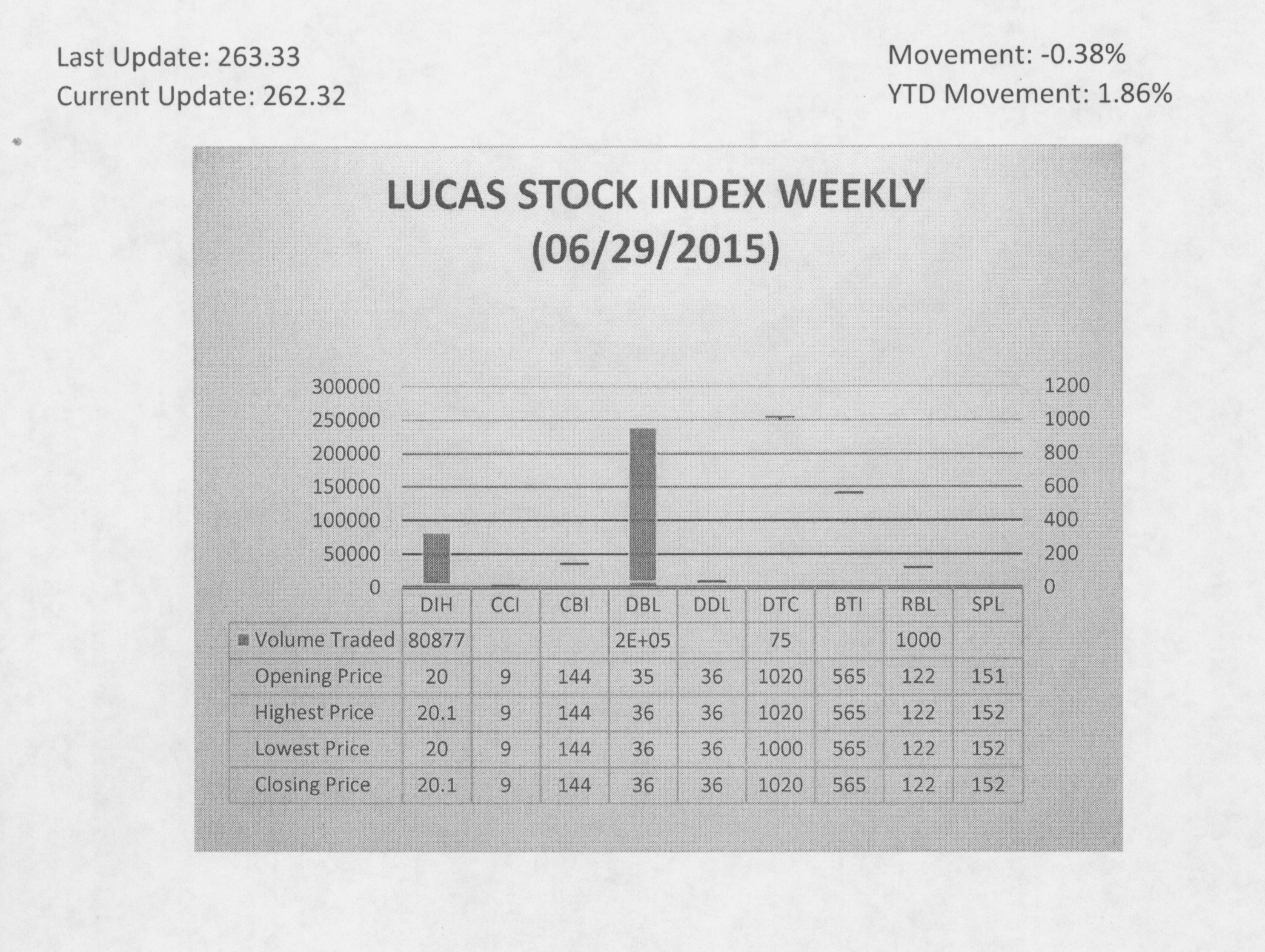(Conclusion)
Less tension
Member countries of the International Monetary Fund (IMF) are required to avoid the use of restrictive practices that interfere with or undermine international trade. The particular focus is on the exchange rate arrangements that member countries put in place to meet international financial commitments. In cases where member countries make changes to their exchange rate regime, they must report it to the IMF so that it could evaluate if the change could injure other trading countries. This obligation applies to every member of the organization, even though smaller member-countries feel that they are at a disadvantage. Notwithstanding the concerns, there seems to be less tension between developing countries and the IMF.
End of competition
 One of the most important changes has been the end of the Cold War which also saw the end of competition between the capitalist and the communist economic systems. These two systems represented two methods of allocating and distributing resources. One favoured free enterprise and the market as a means of allocating resources while the other favoured state control and distribution of the resources. The IMF itself was a creation of the countries that followed the capitalist system and therefore had a natural affinity towards market-oriented economic systems. Developing countries which pursued socialist or communist policies were often pressured to change their economic systems before they could receive special assistance from the IMF. The demand that governments give up resources to the private sector was therefore part of an ideological struggle which ignored the social goals of the supplicant country. Even countries which pursued economic nationalism to reflect their independent political status were victims of the hard and fast market prescriptions of the IMF. Once the ideological war that gave rise to the two competing economic systems ended, developing countries were left with no other option but to deal with the IMF.
One of the most important changes has been the end of the Cold War which also saw the end of competition between the capitalist and the communist economic systems. These two systems represented two methods of allocating and distributing resources. One favoured free enterprise and the market as a means of allocating resources while the other favoured state control and distribution of the resources. The IMF itself was a creation of the countries that followed the capitalist system and therefore had a natural affinity towards market-oriented economic systems. Developing countries which pursued socialist or communist policies were often pressured to change their economic systems before they could receive special assistance from the IMF. The demand that governments give up resources to the private sector was therefore part of an ideological struggle which ignored the social goals of the supplicant country. Even countries which pursued economic nationalism to reflect their independent political status were victims of the hard and fast market prescriptions of the IMF. Once the ideological war that gave rise to the two competing economic systems ended, developing countries were left with no other option but to deal with the IMF.
Ignored
Despite the demise of the communist economic system and the shift towards free market systems, many countries still had difficulties treating with the IMF. The social impact of adjustment programmes continued to be ignored by the IMF for many years. It was not

